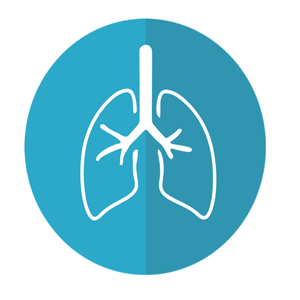Immuno-oncological treatment of non-small-cell lung cancer in advanced stage with nivolumab

Accepted: January 18, 2023
All claims expressed in this article are solely those of the authors and do not necessarily represent those of their affiliated organizations, or those of the publisher, the editors and the reviewers. Any product that may be evaluated in this article or claim that may be made by its manufacturer is not guaranteed or endorsed by the publisher.
Authors
The field of immuno-oncology has brought about a significant paradigm shift in the therapeutic approach to cancer. The implementation of a novel therapeutic approach that seeks to stimulate the immune system's response to malignant cells has resulted in a notable alteration in the clinical trajectory of advanced Non-Small Cell Lung Cancer (NSCLC) treatment. The objective of our study was to assess the therapeutic effectiveness of nivolumab as a standalone treatment for patients diagnosed with advanced stage IIIB/IV non-small cell lung cancer, namely those who had progressed beyond the second line of treatment. The findings demonstrated a progression-free survival duration of 7.35 months and a notable enhancement in patients' quality of life when compared to alternative therapeutic interventions. Furthermore, it was shown that patients who received Nivolumab did not experience any adverse reactions classified as type 3 or type 4. It is anticipated that the encouraging findings obtained thus far will contribute to a future enhancement in overall survival rates.
How to Cite

This work is licensed under a Creative Commons Attribution-NonCommercial 4.0 International License.
PAGEPress has chosen to apply the Creative Commons Attribution NonCommercial 4.0 International License (CC BY-NC 4.0) to all manuscripts to be published.

 https://doi.org/10.4081/jbr.2023.11027
https://doi.org/10.4081/jbr.2023.11027



